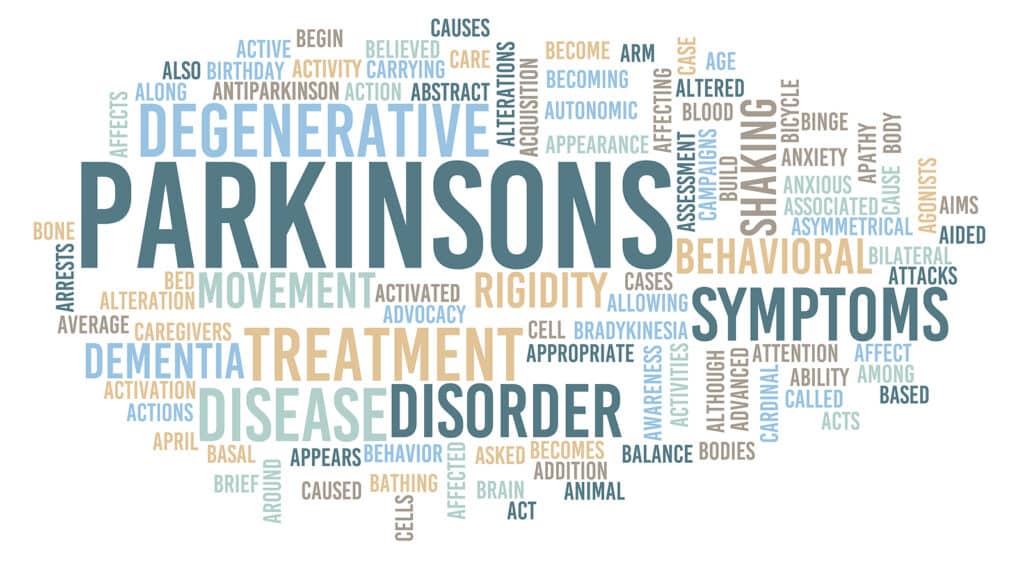
Parkinson’s Disease is a progressive neurological disorder that affects movement, coordination, and balance. It primarily impacts seniors, gradually making everyday tasks more challenging. During Parkinson’s Disease Awareness Month, it is essential to recognize the impact of this condition and how home care assistance can support those aging in place. Provident Home Care is dedicated to helping seniors maintain their independence and quality of life, even as they navigate the effects of Parkinson’s.
What is Parkinson’s Disease?
Parkinson’s Disease is a disorder of the nervous system that occurs when dopamine-producing brain cells deteriorate. Dopamine is responsible for transmitting messages that control movement, so as levels decline, individuals experience increasing difficulty with motor functions. While there is no cure, various treatments and supportive care options help manage symptoms and improve daily life.
Risk Factors for Parkinson’s Disease
While the exact cause of Parkinson’s Disease remains unknown, several factors may increase the likelihood of developing the condition:
- Age: Most individuals diagnosed are over 60 years old.
- Genetics: A family history of Parkinson’s may increase the risk.
- Environmental Triggers: Prolonged exposure to certain toxins and chemicals has been linked to the disease.
- Gender: Men are statistically more likely to develop Parkinson’s than women.
Symptoms of Parkinson’s Disease
Symptoms develop gradually and can vary from person to person. The most common include:
- Tremors: Shaking, typically beginning in the hands or fingers.
- Slowed Movement (Bradykinesia): Everyday activities take longer to complete.
- Muscle Rigidity: Stiffness in the limbs and reduced range of motion.
- Postural Instability: Increased risk of falls due to balance difficulties.
- Speech and Writing Changes: Softer speech, slurred words, and smaller handwriting.
How Parkinson’s Disease is Diagnosed
There is no single test to diagnose Parkinson’s. Instead, doctors evaluate symptoms, medical history, and neurological exams. Imaging tests, such as MRIs, may be used to rule out other conditions. Since symptoms can be subtle in the early stages, a proper diagnosis may take time.
The Daily Impact of Parkinson’s Disease on Seniors
Living with Parkinson’s affects nearly every aspect of daily life. Simple tasks such as getting dressed, preparing meals, and moving around the home become more difficult. Fatigue, depression, and sleep disturbances are also common, making emotional and physical well-being a challenge. This is where home care assistance plays a vital role.
Provident Home Care provides personalized support to help seniors manage their daily routines. Caregivers assist with mobility, medication reminders, meal preparation, and personal care. This level of care enables seniors to remain in the comfort of their homes while maintaining as much independence as possible.
Parkinson’s Disease Awareness Month
Every April, Parkinson’s Disease Awareness Month sheds light on this condition, encouraging education, advocacy, and support for those affected. It is an opportunity to recognize the challenges faced by individuals with Parkinson’s and the importance of community resources. Awareness efforts also help advance research, leading to improved treatments and a better understanding of the disease.
During this time, Provident Home Care remains committed to supporting seniors and their families. Through compassionate home care assistance, we help individuals with Parkinson’s navigate their daily lives with dignity and comfort. Whether providing companionship, helping with household tasks, or offering mobility support, our caregivers are here to make life easier.
How Home Care Assistance Supports Seniors with Parkinson’s
For individuals with Parkinson’s, home care assistance can make a significant difference. Trained caregivers provide:
- Mobility Support: Helping seniors move safely around their homes and preventing falls.
- Personal Care Assistance: Bathing, dressing, and grooming help to maintain hygiene and self-confidence.
- Meal Preparation: Ensuring seniors receive nutritious meals tailored to their dietary needs.
- Medication Reminders: Helping with schedules to ensure medications are taken as prescribed.
- Companionship: Reducing feelings of isolation and providing emotional support.
Parkinson’s Disease presents unique challenges, but with the right care and support, seniors can continue living fulfilling lives. Provident Home Care is dedicated to providing the assistance needed to make each day more manageable and enjoyable.
If you or an aging loved one are considering home care assistance in Lodi, CA, please contact the caring staff at Provident Care Home Care today at (209) 578-1210.



